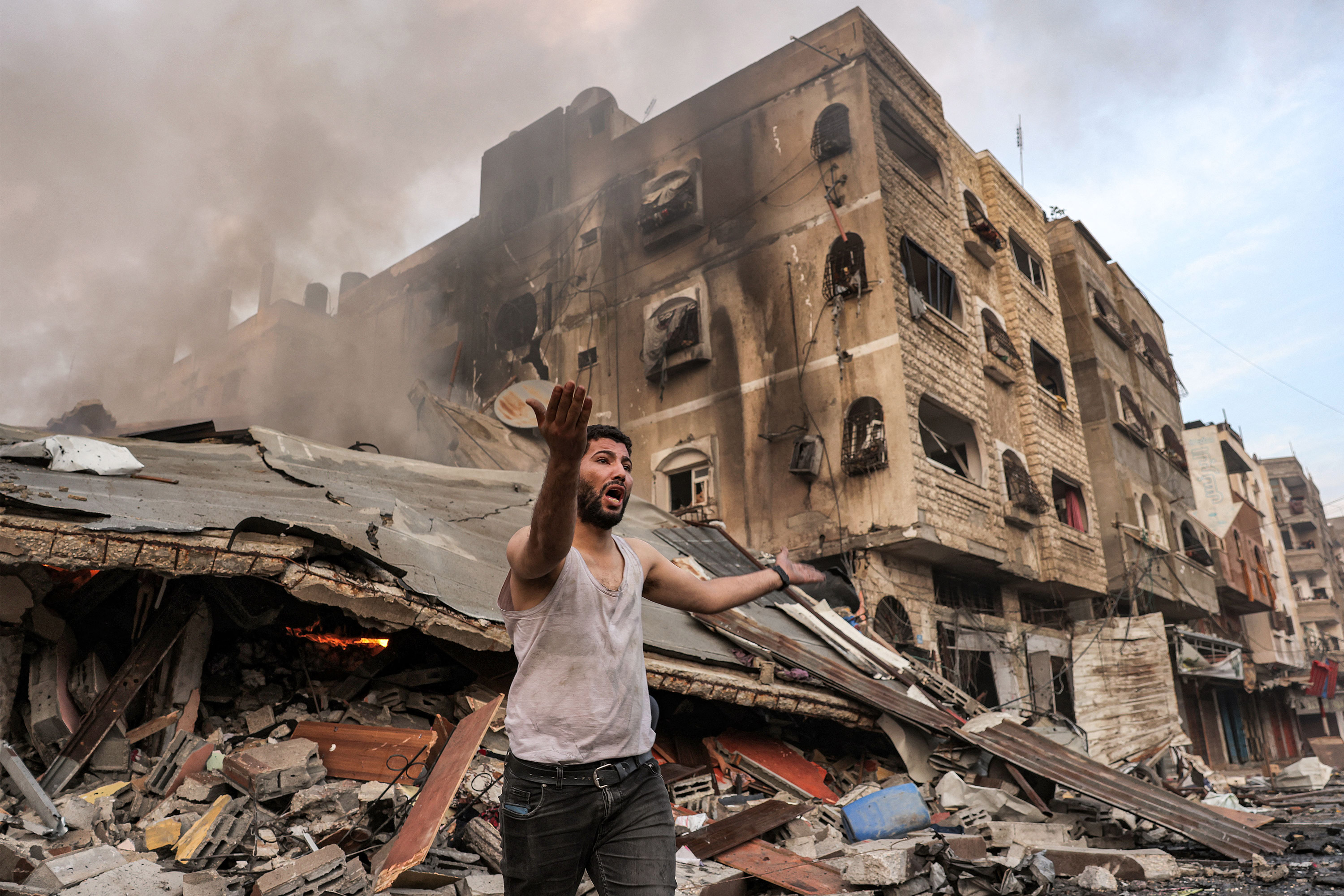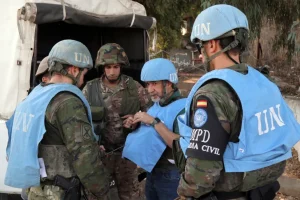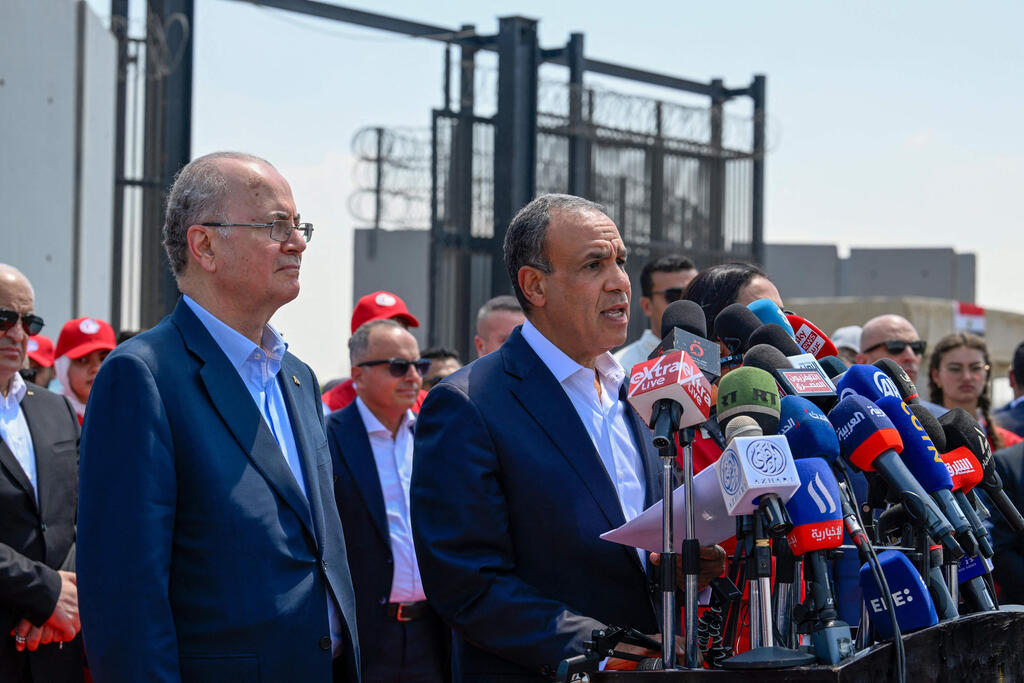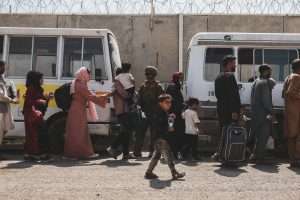Russia’s growing influence in Libya
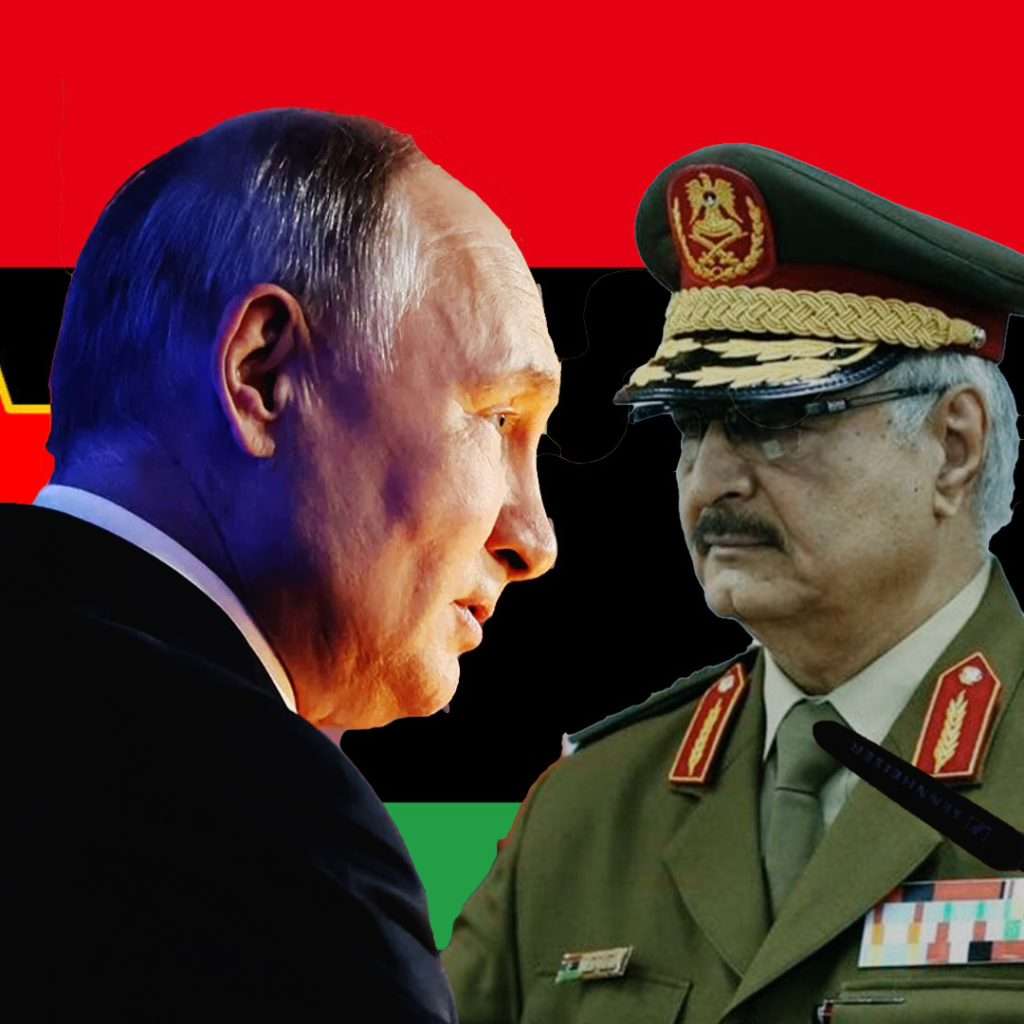
Since Bashar Al Assad’s Syrian regime fell in 2024, Russia has sought to find new strategic alliances in the MENA region. In return from preventing his regime collapsing in 2015, Assad provided the Russians with access to military and air bases across the country thus offering Russia a strategic hub from which to launch further missions across the Levante and the Maghreb and even further down into the Sahel. However this relationship between the two countries collapsed along with Assad’s regime and left Russia having to seek out a new partner from which it could launch its activity in the region.
Libya has provided an ideal alternative for Russia. Since the end of 2024 Russia has increased its military activity in the country and has been an ardent supporter of Khalifa Haftar, the military strongman leader of Eastern Libya – a country not officially recognised by the United Nations. Russia has yet to formalise relations with Eastern Libya and has instead opted to act covertly. As the International Consortium of Investigative Journalists published: “There are growing European concerns about Russia’s influence in the country, which officials believed was part of a broader strategy by Moscow to project power in the Mediterranean and several African countries.”
The use of ghost ships works both ways. For Hafter it offers access to military hardware that can bolster his domestic ambitions. Eastern Libya has enjoyed very low levels of democracy and has been in a state of near perpetual political turmoil since the fall of dictator Muanmar Gaddafi in 2011. Recent efforts to host local elections in the country have been stalled and Haftar shows no signs of abating his power at all. For Russia this provides the ideal situation for which they can exercise influence and thus continue to operate in the region. The use of ghost ships allows Russia to continue exporting oil across the world despite western sanctions due to their invasion of Ukraine. Destabilised, undemocratic nations such as Libya provide the perfect customers for this business.
This illicit business relationship has provided the groundwork from which Russia and Libya have been able to engage in military and political cooperation. A report from French media outlet RFI on June 23rd found that: “According to flight logs, the aircraft continued its journey, stopping in the Malian capital Bamako and Ouagadougou in Burkina Faso between 20 and 26 May, before finally heading back to Russia.” Russia has significant influence in the Sahel, especially in the form of the mercenary group Africa Korps, formerly known as the Wagner Group. This group has been particularly active in Burkina Faso where they have offered their support to junta leader Ibrahim Traore who expelled the French military from the country shortly after coming to power. In an exclusive interview with Maghrebi on May 22nd, Beverly Ochieng a Senior Analyst at Francophone Africa at Control Risks and a senior associate of the Africa Program at the Centre for Strategic and International Studies noted that “Russia entering the region has led to a heightened sense of insurgency. Russia may not have good will for the Sahel. The Sahel has become a geopolitical playground.”
The west has failed to address the political instability in Libya and has allowed Russian influence to grow in the country. As geopolitical developments in the Middle East continue to dominate the minds of the media and political class, states like Libya and Sudan continue to destabilise and provide arable land on which Russia can sow its ambitions. The west has failed to engage with Hafter and has been accused of overestimating his power. Russia however have viewed him more pragmatically and have identified him as an agent who can offer them what they want. As the Atlantic Council put it: “For Russia, Haftar’s utility stems from dependence, not loyalty. His forces rely on Russian airlifts, the expertise of the rebranded Wagner Group (now operating as the Africa Corps), and Moscow’s soft power. Strip away Russia’s military support, and Haftar’s inflated power on the ground collapses.”
Russia’s relationship with Libya is not one of equal partners. Instead it is one based out of self interest and cool, geopolitical measure. Moscow has identified a changing geopolitical landscape across both sides of the Mediterranean and has acted efficiently and accordingly. Rather than being discouraged by the fall of Assad, Russia has simply pivoted and sought to continue its mission with a different partner.
Libya provides an ideal base from which Russia can launch further operations in the Sahel. The Atlantic Council published an article in which they supported this point, stating that: “Assad offered Moscow a foothold against NATO’s eastern flank and a stage to test military capabilities. Haftar presents a similar opportunity – a means to disrupt Western interests, exploit Libya’s fractured politics, and extend Moscow’s influence into Africa.” Western influence has waned and a new generation of citizens and politicians like Ibrahim Traore are taking the stage. Russia senses its opportunity to gain influence across the region at a time of geopolitical instability.
International Consortium of Investigative Journalists/ RFI/ Atlantic Council/ Control risks/ Centre for Strategic and International Studies/ Maghrebi
Want to chase the pulse of North Africa?
Subscribe to receive our FREE weekly PDF magazine





